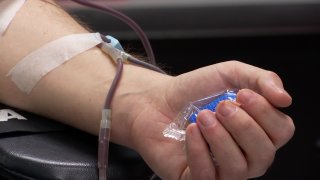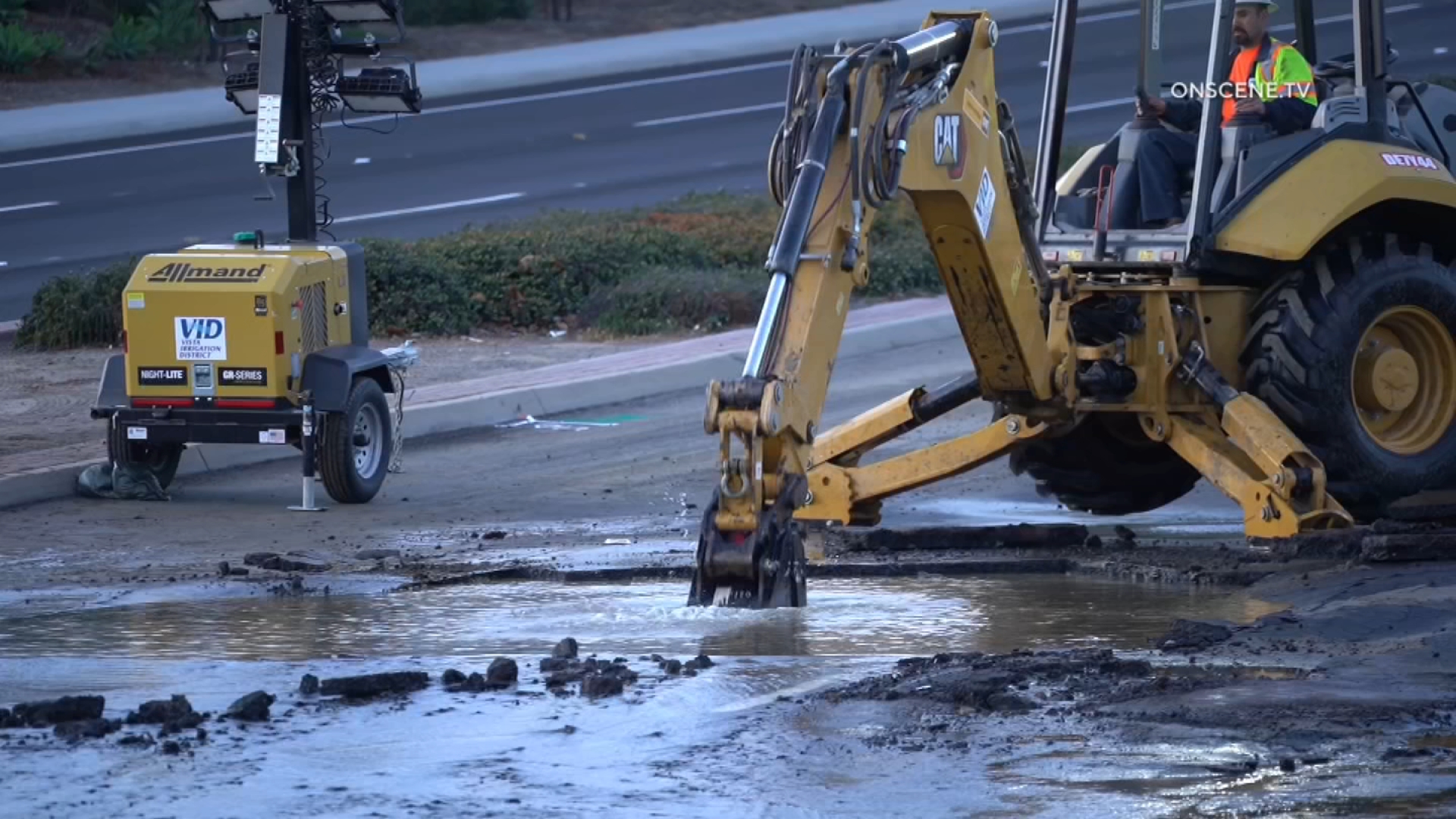
San Diego County health officials are looking into treating COVID-19 patients with antibodies taken from the blood of people who have recovered from the disease, a method that, while not yet proven, has shown promise, according to the county's chief medical officer.
Dr. Nick Yphantides said the county is "enthusiastically and aggressively" looking at putting a system in place to secure convalescent plasma -- the liquid part of blood collected from patients who have recovered from an infection.
According to a nationwide research project led by John Hopkins immunologist Arturo Casadevall, the blood of recovered patients can develop antibodies that could help those in critical need of treatment. Casadevall said the treatment would be a temporary measure that could help until a vaccine is available.
Yphantides said there is "some evidence from around the world" that the treatment may be effective.
The Food and Drug Administration has not yet approved the use of convalescent plasma but provided on Wednesday new guidance to jurisdictions who want to study the "promising" treatment option.
The San Diego Blood Bank was already making moves to collect blood plasma that can be donated to hospitals when the time comes. The blood bank said they are receiving requests from "essentially all of the hospitals we serve."
The agency is looking for people who have been confirmed positive by a laboratory test and have been symptom-free for at least 28 days or for people who have been confirmed negative by a second test for at least 14 days. Even those who have not been tested, who are willing to donate plasma, should sign up, the blood bank said.
"Down the road, we will most likely have a test that will show antibodies. Once confirmed, they could donate. We are building our list of current potential donors as we believe the demand for convalescent plasma will be high," the agency said in a written statement to NBC 7.
The method of using antibodies from blood plasma is not new. The concept dates back to the early 20th century and has been successfully used to counter mumps and measels, according to Johns Hopkins University.
The FDA said the method was also tested in other outbreaks including the 2003 SARS outbreak and the 2010 H1N1 outbreak.
According to NBC News, the treatment is not without risks. There is danger in giving a patient the wrong type of blood or inadvertently transmitting other pathogens in a transfusion, but safety advancements over the past two decades have made adverse outcomes rare.



